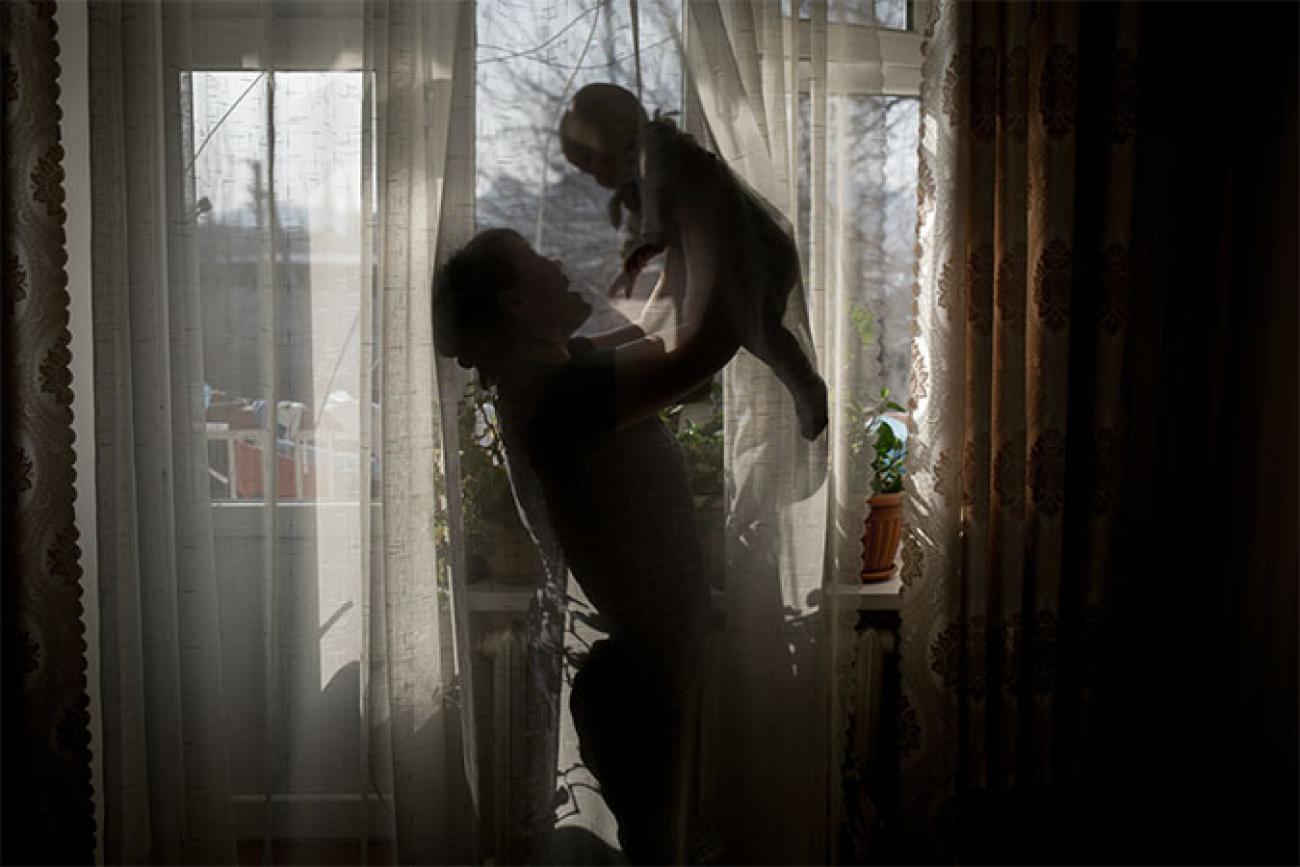UN chief António Guterres is calling for measures to address a “horrifying global surge in domestic violence” directed towards women and girls, linked to lockdowns imposed by governments responding to the COVID-19 pandemic.
In a reference to his repeated appeals for a ceasefire in conflicts around the world, to focus on the shared struggle to overcome the virus, the Secretary-General pointed out that violence is not confined to the battlefield, and that “for many women and girls, the threat looms largest where they should be safest: in their own homes”.
The combination of economic and social stresses brought on by the pandemic, as well as restrictions on movement, have dramatically increased the numbers of women and girls facing abuse, in almost all countries. However, even before the global spread of the new coronavirus, statistics showed that a third of women around the world experienced some form of violence in their lives.
Since the pandemic, the UN is reporting that Lebanon and Malaysia, for example, have seen the number of calls to helplines double, compared with the same month last year; in China they have tripled; and in Australia, search engines such as Google are seeing the highest magnitude of searches for domestic violence help in the past five years.
These numbers give some indication of the scale of the problem, but only cover countries where reporting systems are in place: as the virus spreads in countries with already weak institutions, less information and data will be available, but it is expected that the vulnerability of women and girls will be higher.
Responding to the rise in violence is further complicated by the fact the institutions are already under a huge strain from the demands of dealing with the pandemic. “Healthcare providers and police are overwhelmed and understaffed”, said Mr. Guterres, “local support groups are paralyzed or short of funds. Some domestic violence shelters are closed; others are full”.
Reasons for the shortage of shelters include their conversion into health facilities, or new measures barring new victims for fear of further spreading COVID-19. As for police, they and other members of security forces are, in many instances, less willing to arrest perpetrators of violence, limiting direct engagement, or are overwhelmed by policing lockdowns.
The UN chief urged all governments to make the prevention and redress of violence against women a key part of their national response plans for COVID-19, and outlined several actions that can be taken to improve the situation (see text box).
“Together”, concluded the UN Secretary-General, “we can and must prevent violence everywhere, from war zones to people’s homes, as we work to beat COVID-19”.
Violence spike at home
UN domestic violence reduction recommendations
- Increase investment in online services and civil society organizations,
- Make sure judicial systems continue to prosecute abusers,
- Set up emergency warning systems in pharmacies and groceries,
- Declare shelters as essential services,
- Create safe ways for women to seek support, without alerting their abusers,
- Avoid releasing prisoners convicted of violence against women in any form,
- Scale up public awareness campaigns, particularly those targeted at men and boys.


















